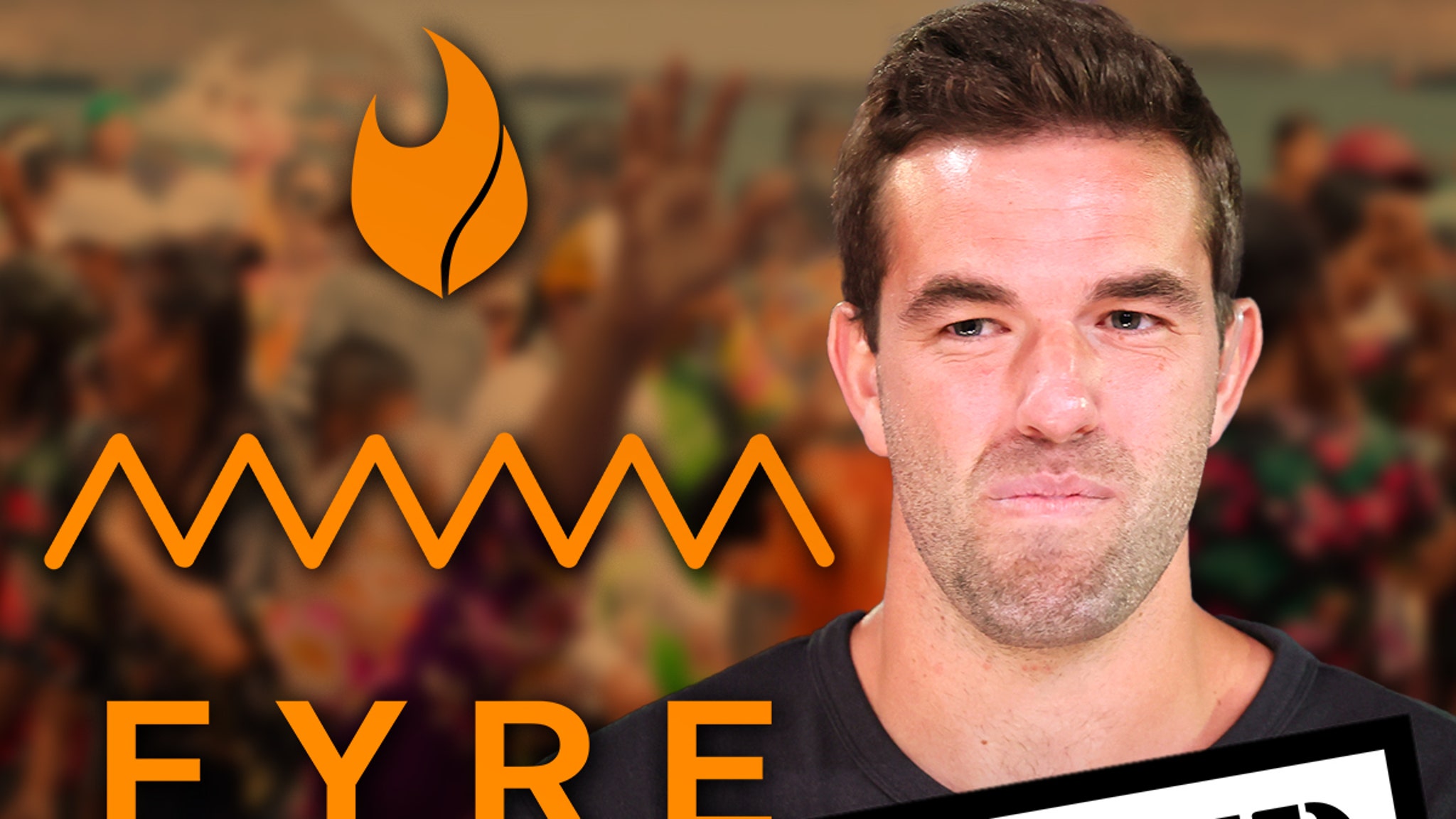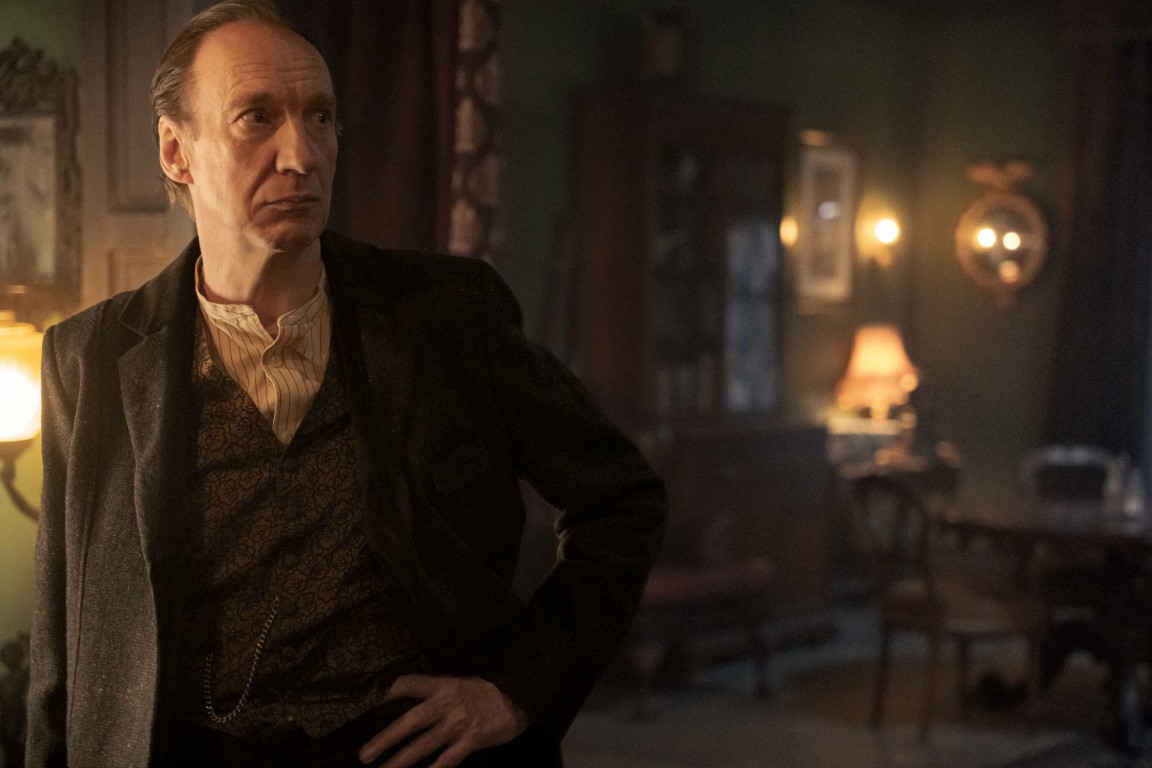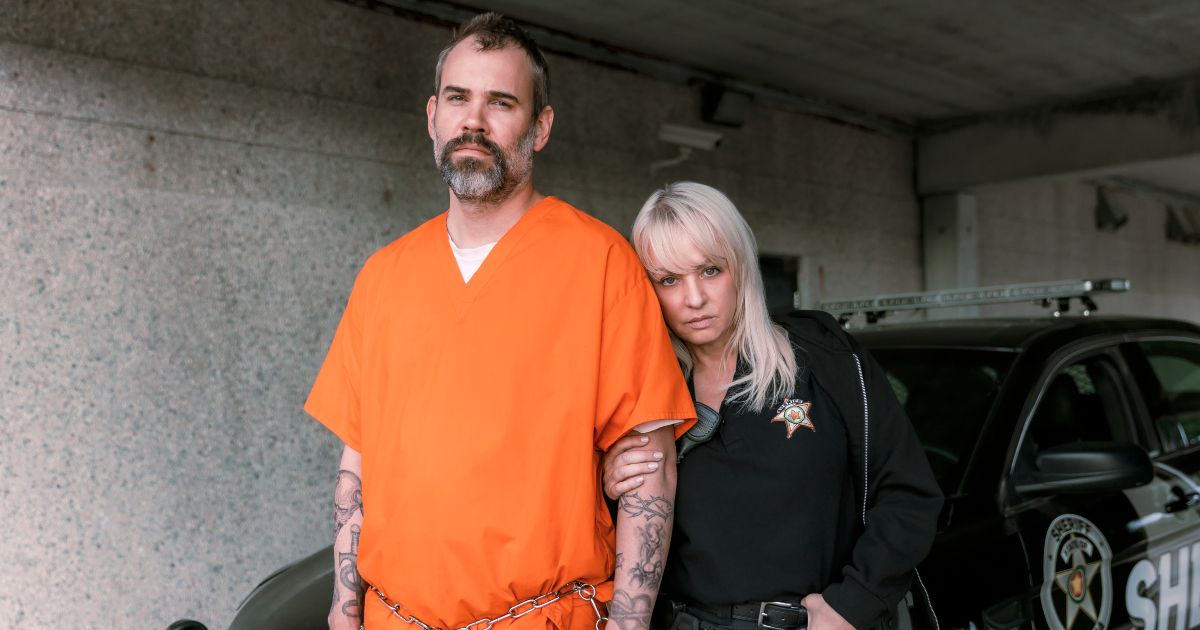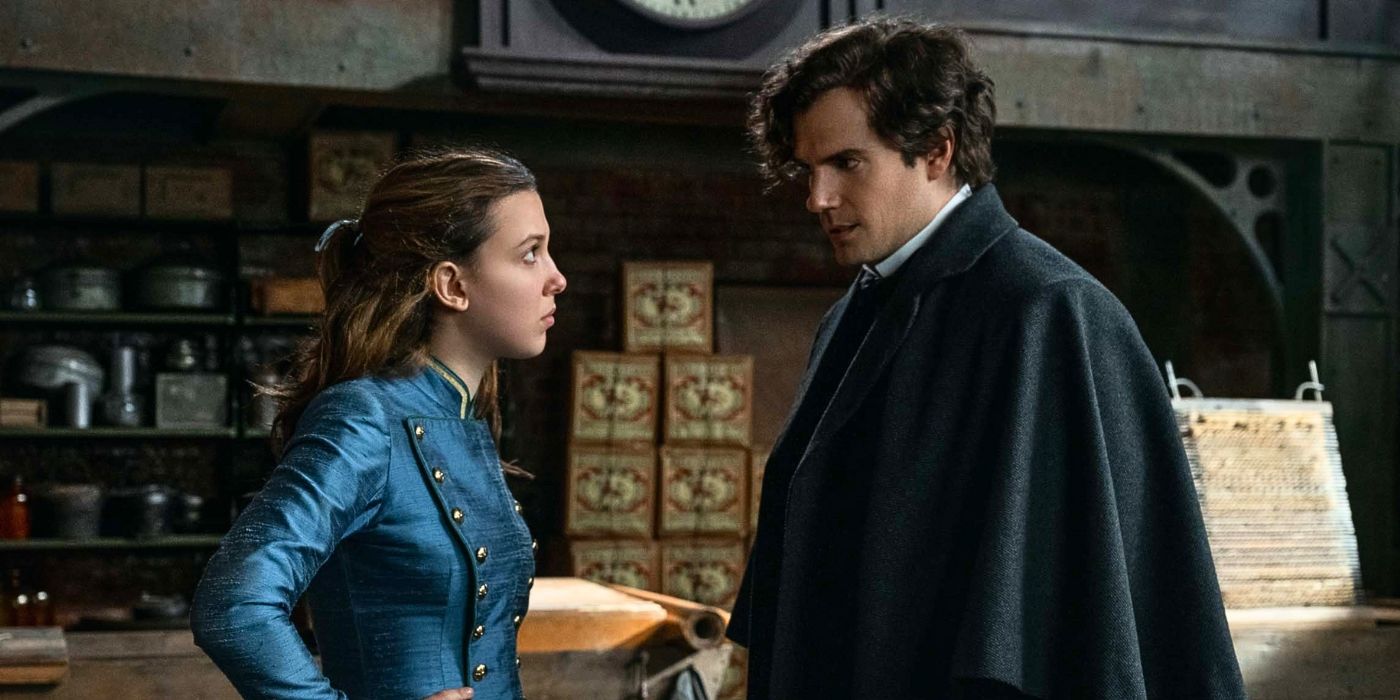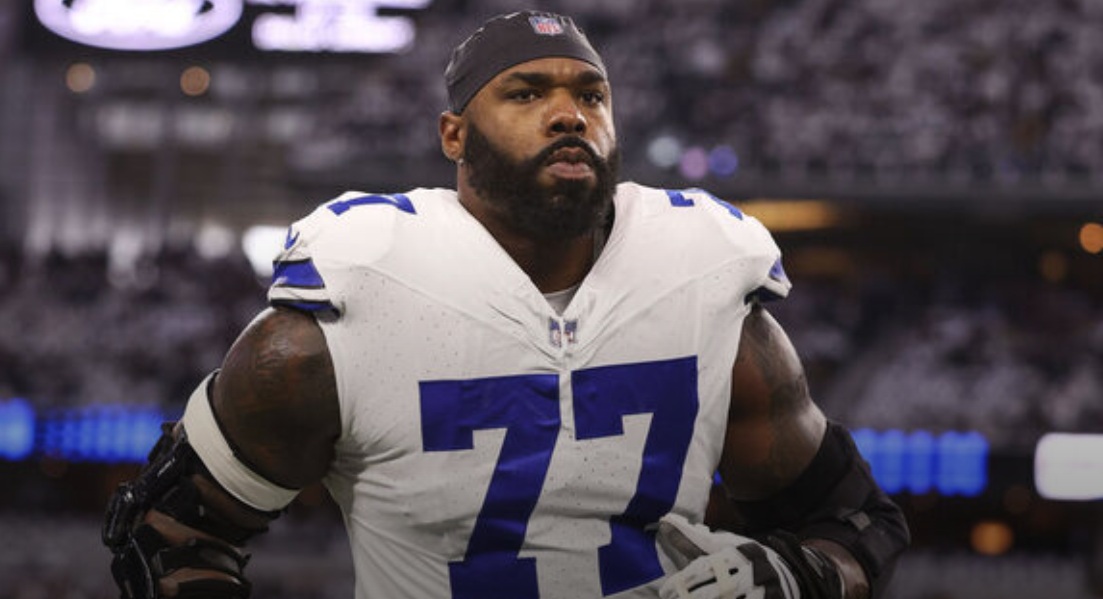This season includes four different minds that are dissected, with two episodes premiering each week back to back. First, there’s Eladio (Anthony Ramos), a live-in caretaker who wrestles with bad sleep and his sense of what he means to the family he’s isolating with during Covid. In the next episode, Brooke constantly challenges the smug and manipulative nature of Colin (a slightly scary but grounded John Benjamin Hickey), who has just gotten out of prison for wire fraud but sustained his own trauma from the event, adding to his persecution complex related to him being a white man in 2021. The therapist gets arguably even more pushback from an 18-year-old name Laila (Quintessa Swindell, sly but wounded), who is sent to therapy by her grandmother after Laila tells her that she’s a lesbian.
The fourth subject, it turns out, is actually Brooke, in a manner that HBO has asked reviewers not to reveal. Seeing Brooke under the microscope can yield its own intrigue, especially as the show continually harps on the idea that nobody is perfect, including those who read others like novellas. But that dichotomy can be very interesting in these Brooke-based episodes that assume a therapy like structure, even though it’s technically a conversation with a friend (played with immediate wisdom by Liza Colón-Zayas). These pieces, written by executive producer Joshua Allen, also help give a little more narrative movement to all that’s going on, and break Aduba from her pitch-perfect but flat therapist voice, that tactical stance of waiting for something to be said to her that she would then push back on. To see Aduba relax and express herself more freely in these episodes creates its own depth, mixed with its own heavy sadness regarding her personal life and past.
One thing that’s apparent about the series is that it lets actors play to their strengths, and also challenge that as well. Take Ramos, an actor who is bursting with energy any time he’s on camera, whether it’s the anxiousness in the police brutality indie “Of Monsters and Men,” or his unmistakable ebullience in the upcoming musical adaptation of “In the Heights.” Here, “In Treatment” puts him behind a laptop, and he still plays for the rafters. But Ramos tackles it with gentle shifts of urgency and false calm, while his fast-paced line delivery relishes some of the show’s biggest crescendoes (and there are many across different arcs). Ramos’ excellent performance shows the antsy and needy nature of Eladio, helping us understand why Brooke would take down some boundaries in order to try to help him more, like when she takes his call at 2 AM.
You can view the original article HERE.








